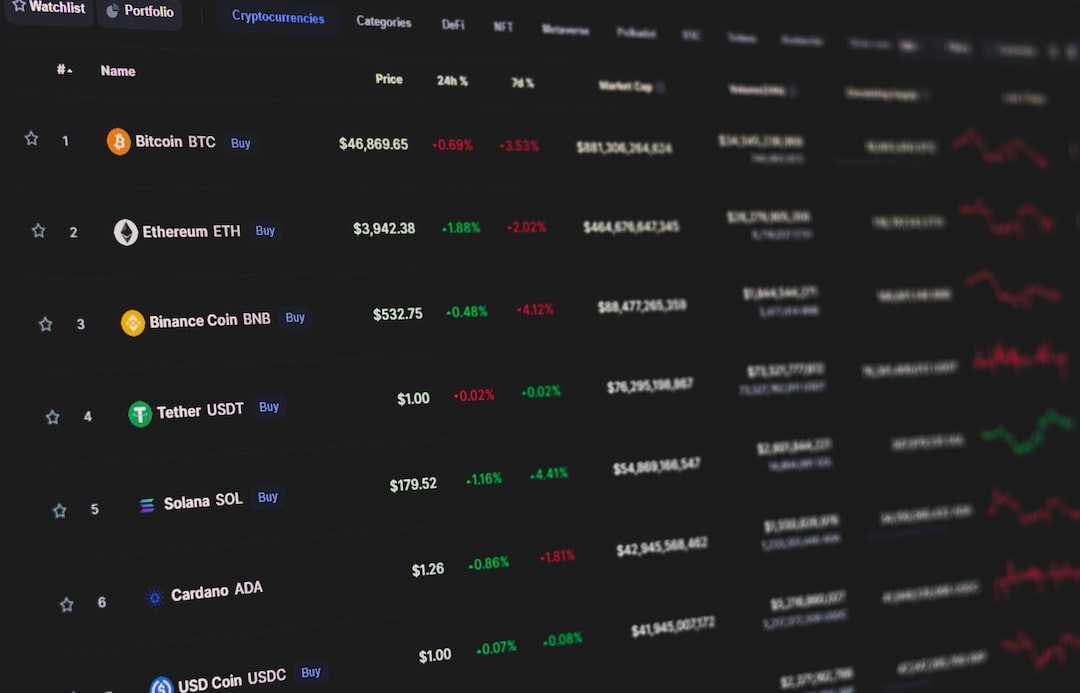Binance Freezes Hamas-Linked Accounts After Attack on Israel
Binance, the world’s largest crypto exchange, has frozen accounts associated with the Hamas militant group following its recent attack on Israel. The action was taken in response to a request from Israel and specifically targeted Hamas, not the broader Palestinian population. Binance co-founder Yi He explained that as a designated terrorist organization by the United Nations, Hamas is subject to freeze requests from various organizations, including banks and trading platforms. The Israeli authorities, through their Cyber Unit, Ministry of Defense, and national intelligence agencies, have taken steps to block crypto accounts used by Hamas for fundraising activities.
Hamas’ Use of Crypto Fundraising
Since February 2019, Hamas has been using digital currencies to raise funds while avoiding international sanctions. This strategy has allowed them to accumulate a significant amount of money. However, in April 2023, Hamas’ military division, the Al-Qassam Brigades, discontinued its cryptocurrency donation program due to increased government initiatives targeting donors. Following this announcement, Israeli authorities seized $1.7 million worth of cryptocurrency from accounts linked to other terrorist groups such as Hezbollah and Iran’s Revolutionary Guard’s elite Quds Force.
Escalation in Israel-Palestine Conflict
The freezing of these accounts comes amidst an escalation in the Israel-Palestine conflict. Palestinian militant groups led by Hamas launched attacks on Israel from the Gaza Strip, resulting in heavy airstrikes and civilian casualties. In response to this conflict, the local Web3 community in Israel initiated a charitable effort called “Crypto Aid Israel” to support Israeli citizens affected by the situation. The campaign accepts Bitcoin (BTC), Ether (ETH), and other ERC-20 tokens as donations.
Hot Take: Crypto Responds to Israel-Hamas Tensions
The recent freezing of Hamas-linked accounts by Binance and the seizure of cryptocurrency by Israeli authorities demonstrate the growing involvement of digital currencies in the Israel-Palestine conflict. While Hamas used crypto fundraising to bypass international sanctions, government initiatives have become more effective in identifying and pursuing these illicit activities. The actions taken by Binance and Israel highlight the need for cooperation between financial institutions and law enforcement agencies to combat terrorist financing. As tensions continue to rise, the crypto market remains volatile but resilient, with initiatives like “Crypto Aid Israel” providing support to those affected by the conflict.





 By
By
 By
By
 By
By
 By
By
 By
By
 By
By